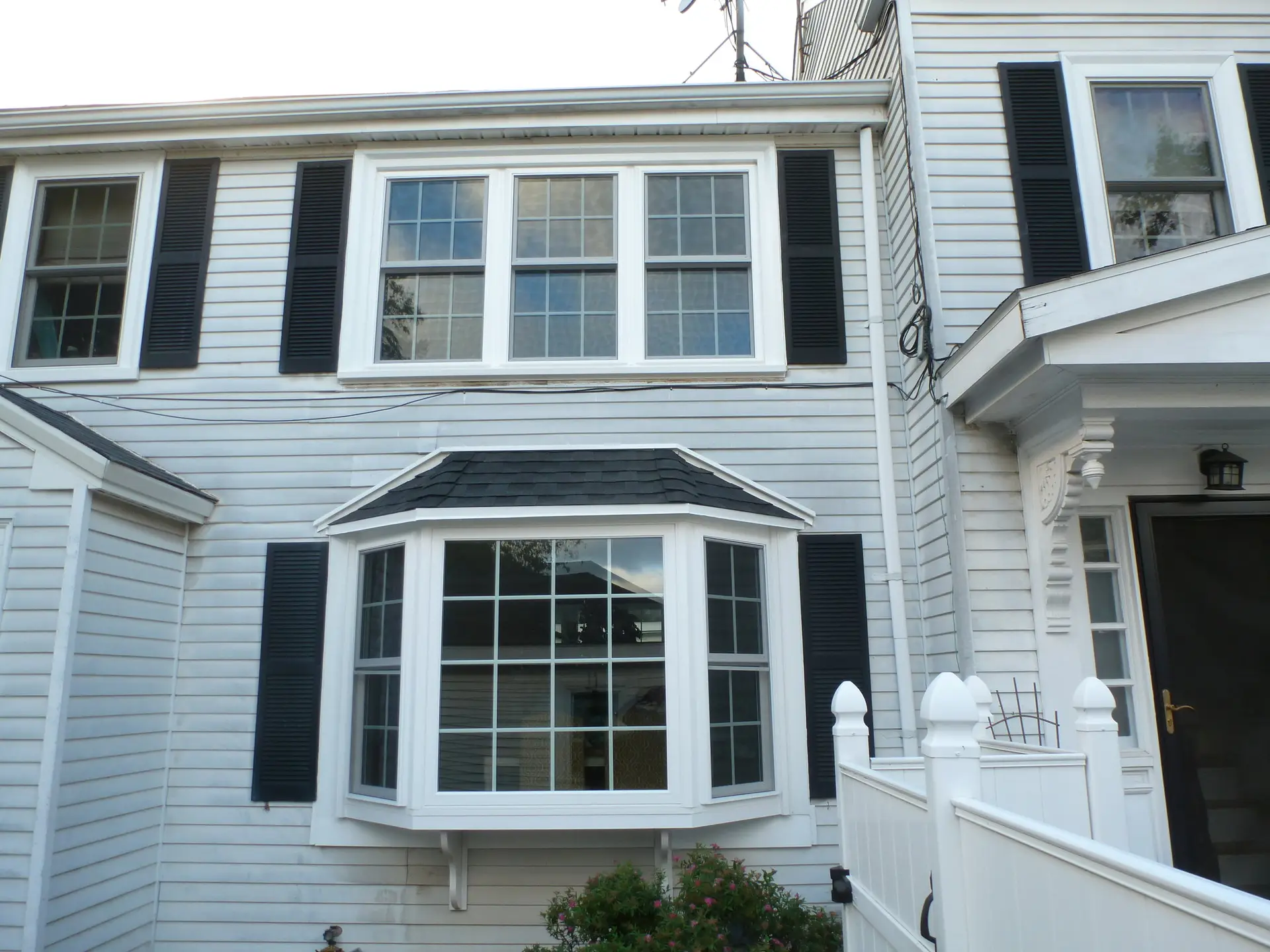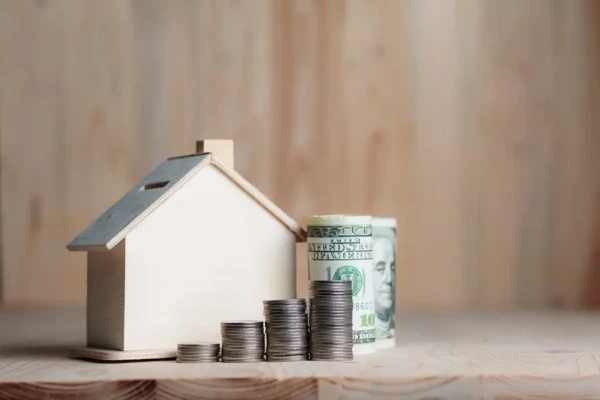vinyl windows VS Wood– it’s an age-old rivalry that homeowners throughout New England from Massachusetts, Southern New Hampshire up to Maine ask about time and time again. Wood windows date back to the Middle Ages and still exist in homes today, although vinyl is the top window frame material in the country.
If you’re on the fence about choosing wood or vinyl windows, these are the biggest considerations to keep in mind:
Wood vs Vinyl Windows: Maintenance
Maintenance is perhaps one of the biggest differentiation factors between vinyl and wood window frames.
- Wood windows are notoriously difficult to maintain. They are highly susceptible to moisture damage and can experience high-cost problems such as termite damage and even rot. This is especially true for homes along the coast. The sun’s rays will ultimately deteriorate the fibers of the wood while salt water will wear down the window frame. Wood windows might look cute on coastal cottages, but they aren’t all that practical.
Vinyl is by far the easiest window frame to maintain.

- Virtually Maintenance-Free: Since vinyl hardly contains pores, it is not susceptible to water damage—including rot. Better yet, you’ll never need to lift a paintbrush or stain your vinyl windows. If you work with a window company such as Coastal Windows & Exteriors, you’ll enjoy beautiful windows that last for a
- Wood-Grain Look: You can also have the wood grain look, as well as 80 color combinations, without the maintenance.
- Internal Blinds: Don’t like to clean the blinds? You don’t have to with factory made-blinds inserted in the glass. These blinds are available in 5 colors to complement your décor, including silver, sandstone, white, gold, and almond.
- Self-Cleaning: Our windows have a product on them within the low-e in the glass that uses the uses the sun’s ultraviolet rays to allow water to rinse dirt away, leaving behind virtually spotless window plus it’s guaranteed for life. Bonus: windows stay cooler in the summer and warmer in the winter!
Wood vs Vinyl Windows: Return on Investment

The cost of windows always comes to mind when deciding on wood or vinyl. However, it’s important to look at what you’ll get out of your investment with your new replacement windows.
- Vinyl: According to the latest Cost vs Value Report from Remodeling, vinyl windows are one of the best upgrades for homes in New England. It yields an ROI of roughly 75%. Not only is the ROI impressive, but vinyl windows also work year-round to save energy and increase curb appeal. They feature honeycomb chambers that increase insulation and trap air, resulting in maximized insulation throughout the seasons.
- Wood: While wood windows offer a good return on investment, it isn’t quite as high as vinyl. In New England, you can expect to find an ROI for wood windows around 71%.
It’s important to note that homeowners receive the best return on investment by investing in quality windows. Consider vinyl windows that are certified by Energy Star. Professional window installation also plays a role in performance and maximizing energy savings.
When comparing wood vs vinyl windows Look for the following qualities on vinyl windows to get the best bang for your buck:
- High quality 100% virgin vinyl
- Gas inserts such as argon or krypton, which makes the window more thermally efficient.
- Low-e on the surface of the glass that reduces heat transfer, helping the home stay warmer in the winter and cooler in the summer.
- Dual or triple pane glass
- Energy Star rating to maximize energy savings
When it comes to wood windows, this product comes in slightly lower of roughly 70%. This shows that homeowners are becoming increasingly aware of the value of vinyl windows and how they enhance the home.
Energy Efficiency: Wood or Vinyl Windows

With vinyl windows, you get the best of both worlds in terms of energy savings and value.
However, one of the biggest considerations of wood vs vinyl is R-Factor. This is the measurement of the resistance a window has against heat conduction. Wood windows have an R-Factor of 1, while some of the most energy efficient vinyl windows are rated at R7. Homeowners should look for higher R-Factor number for top energy savings.
Combine the high R-Factor with technologies such as argon or krypton gas and low-e, and you’ll find that vinyl windows can shave hundreds of dollars per year off your utility bills. New window installation is truly one most energy efficient upgrades available today, according to the Department of Energy.
- Wood: Wood windows can be great insulators, but it often comes with a high price tag and a lot of maintenance. If wood windows become damaged or begin to rot, energy can easily escape through the frame, sash, sill, and more. If you’re dealing with single pane wood windows—which are found in historic homes throughout New England—you may be losing as much as 25% of the energy you use to heat and cool your home.
- Vinyl: When you choose vinyl replacement windows that are certified by Energy Star, you can save between $126-$465 per year on utility bills. Pay close attention to energy ratings for the most efficient vinyl windows, including U-Factor, air infiltration ratings, and condensation resistance.
How to Choose the Right Vinyl Replacement Windows
Now that you see the benefits of choosing vinyl over wood, we’re here to share some tips on how you can select the best vinyl for your new window frames:
- Choose vinyl windows that are engineered with 100% virgin vinyl.
- According to This Old House, you’ll want to look for vinyl windows that are heat welded rather than joined with screws.
- This Old House also suggests looking for a consistent color of the vinyl frame.
- Choose vinyl windows that include a warranty for performance and issues such as cracking.
Find Premium Vinyl Replacement Windows at CW&E
Coastal Windows & Exteriors offers the best vinyl replacement windows in Massachusetts, southern New Hampshire, and Maine. Don’t forget that we offer financing with as little as $0 down based on credit approval. Get a window quote today by requesting a free estimate!


